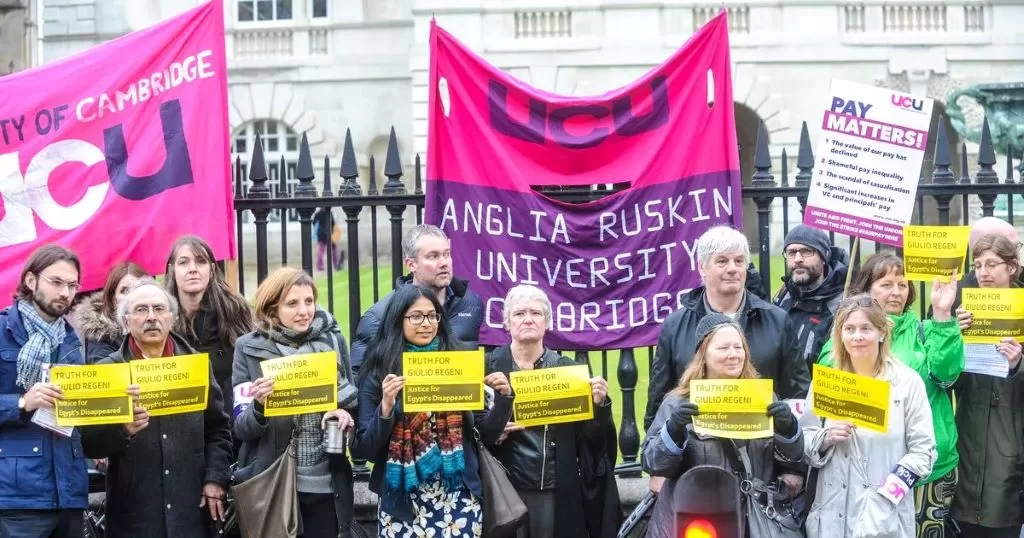Strikes to go ahead at Cambridge University
Facilities, library and IT staff to walk out over lack of improved pay offer
Essential workers at Cambridge University are to strike after the university cut their pay in real terms.

The university, one of the world’s most prestigious institutes of learning, is only offering between a five and six per cent increase. With RPI currently sitting at nine per cent that represents a real terms pay cut of at least three per cent. Unite’s members are demanding above-inflation rises to cope with the cost of living crisis in one of the most expensive parts of the UK outside London.
Over 450 members working in the university library, the department of engineering, estate management, the Fitzwilliam Museum, information services and many other departments are to take strike action, likely resulting in building closures and repairs not taking place.
Strikes will take place on four days: 24, 26 October and 1, 7 November.
Unite general secretary, Sharon Graham, commented: “For over a decade Cambridge University has been offering below inflation pay rises and our members have had enough. It might be a prestigious university, but that doesn’t put food on the table or pay the bills of essential workers doing vital roles across the university.“
“Our members will have the full support of Unite as they stand up to their employer and demand a fair pay deal.”
Unite regional coordinating officer, Ian Maidlow, added: “Our workers are being forced to take this action in response to the continued real terms pay cuts by one of the richest education establishments in the country.”
“This strike action will bring substantial disruption to services for students and staff including building closures. I’d urge the university to come back to the negotiating table with a better offer worthy of our members’ hard work.“
Cambridge University was ranked the third-best university in the world in 2023 [1] and its last accounts show it has an income of over £2.2 billion, assets of over £6.6 billion and an operating surplus of £120 million [2].





























